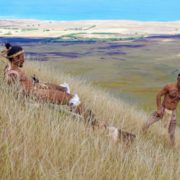[:en]In the May issue of Men’s Running there’s a story of some of the planet’s remotest people.

…So remote in fact that for 500 years they thought they were the only people left on Earth.
Yet regardless of outside influence, the runners of Rapa Nui take their sport incredibly seriously. They compete in the traditional hami loincloth and in some events carry a 20kg load of bananas, as featured below in the Hanga Vare Vare relay race. Iconically, the finish line to this race was at the foot of one of the island’s distinctive moai statues – Ahu Riata.
The article and photos were written during a three week stay on the island during the Tapati festival: A cultural celebration of traditional sport, handicraft, dance, drama and music. Publications also at BBC Travel (slow to load) and Picture of The Day at The Guardian.
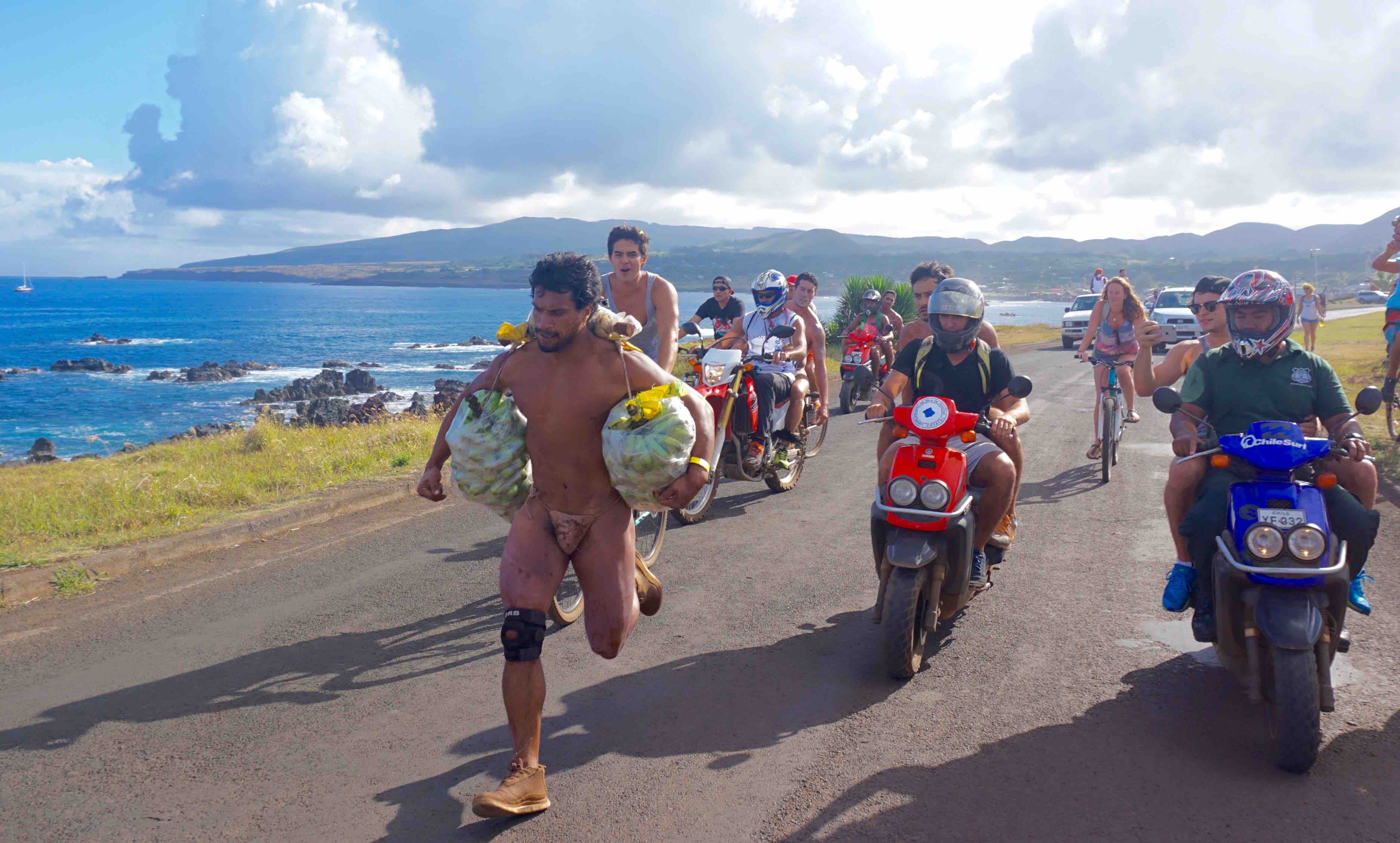
[:es]In the current issue (May, 2016) of Men’s Running there’s a story about one of the world’s remotest people.

…So remote in fact that for 500 years they thought they were the only people left on Earth.
Yet regardless of outside influence, the runners of Rapa Nui take their sport incredibly seriously. They compete in the traditional hami loincloth and in some events carry a 20kg load of bananas, as featured below in the Hanga Vare Vare relay race. Iconically, the finish line to this race was at the foot of one of the island’s distinctive moai statues – Ahu Riata.
The article and photos were written during a three week stay on the island for the Tapati festival: A cultural celebration of traditional sport, handicraft, dance, drama and music. Publications also at BBC Travel (slow to load) and Picture of The Day at The Guardian.
 [:]
[:]
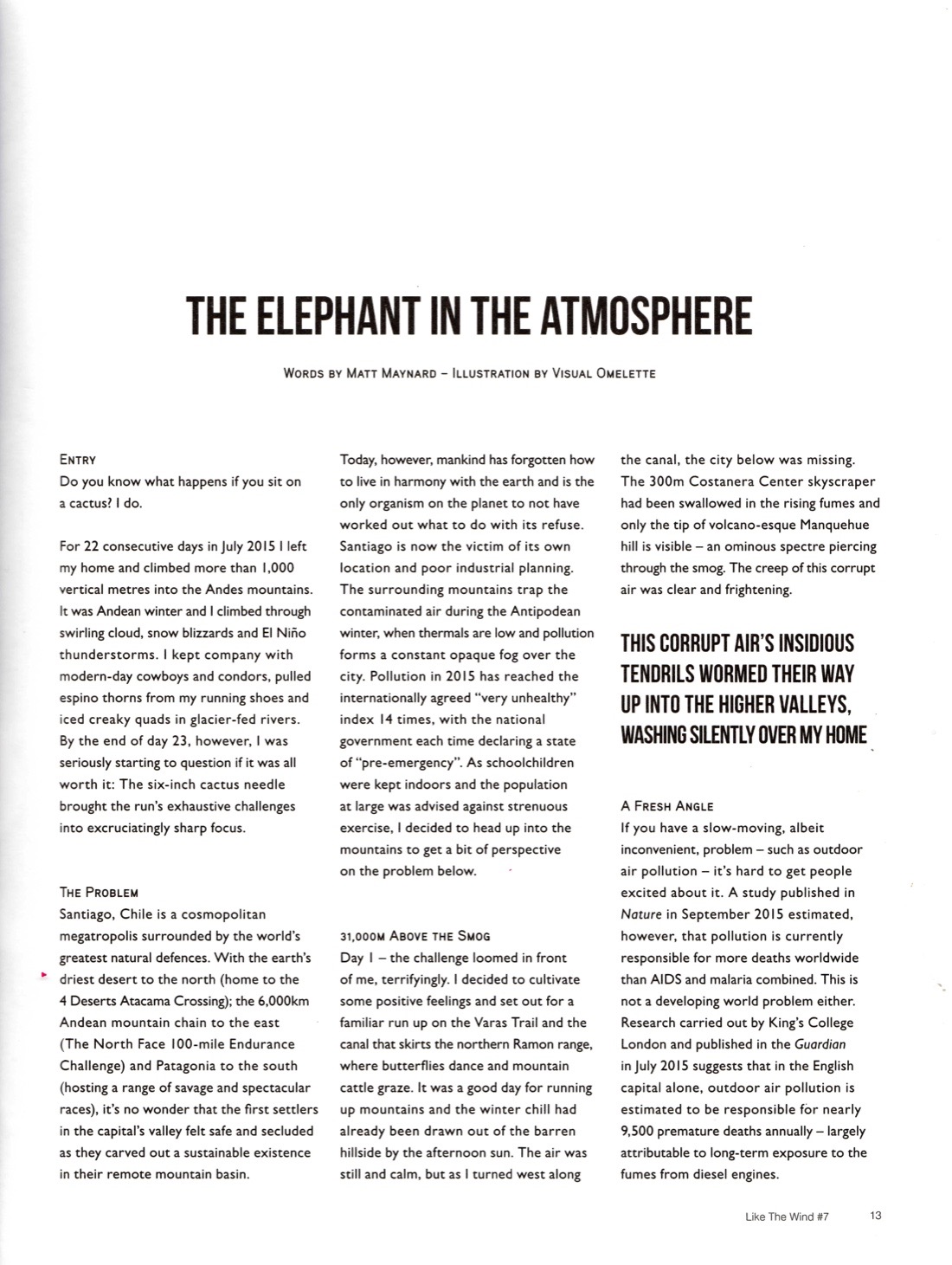
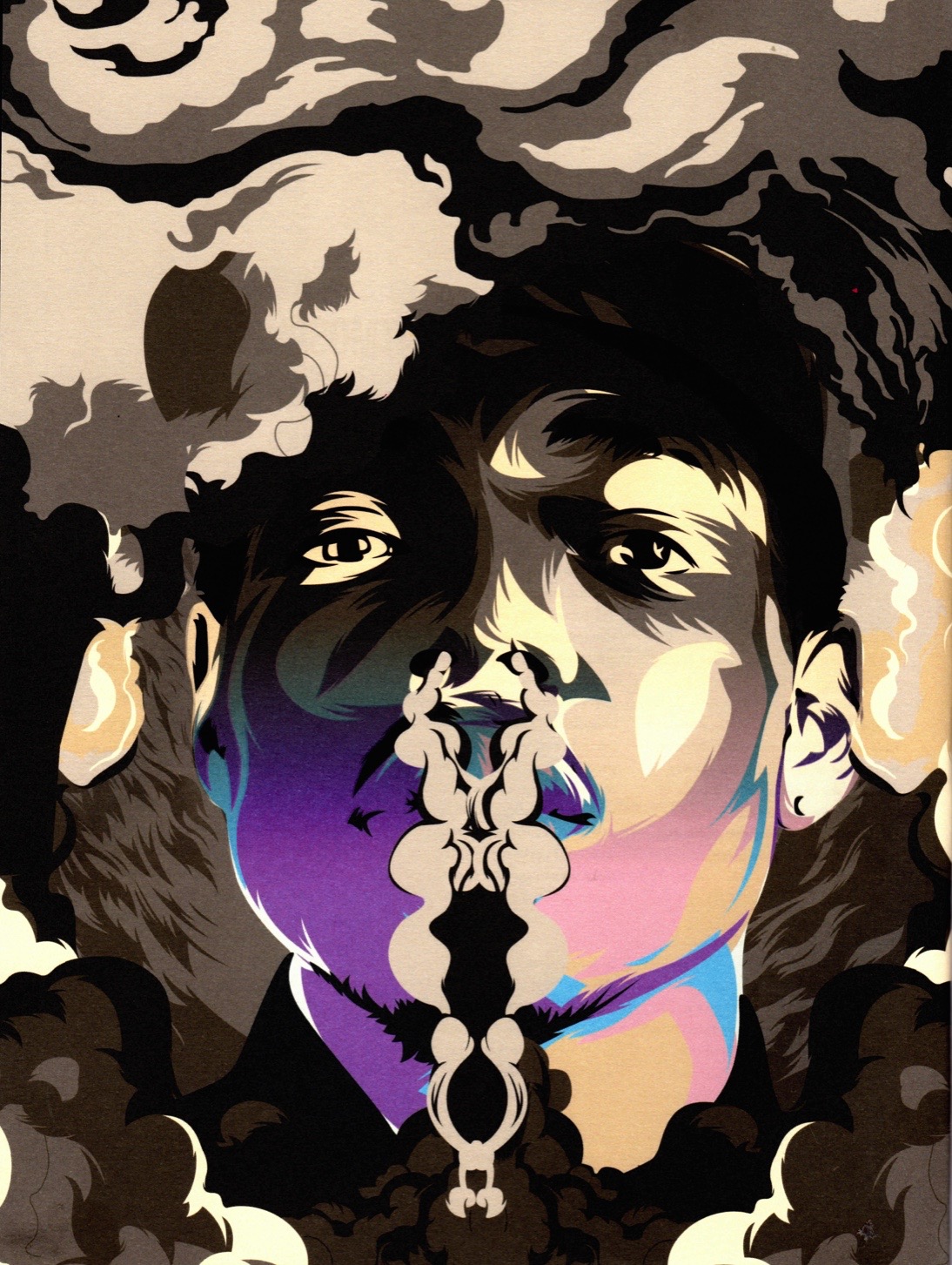
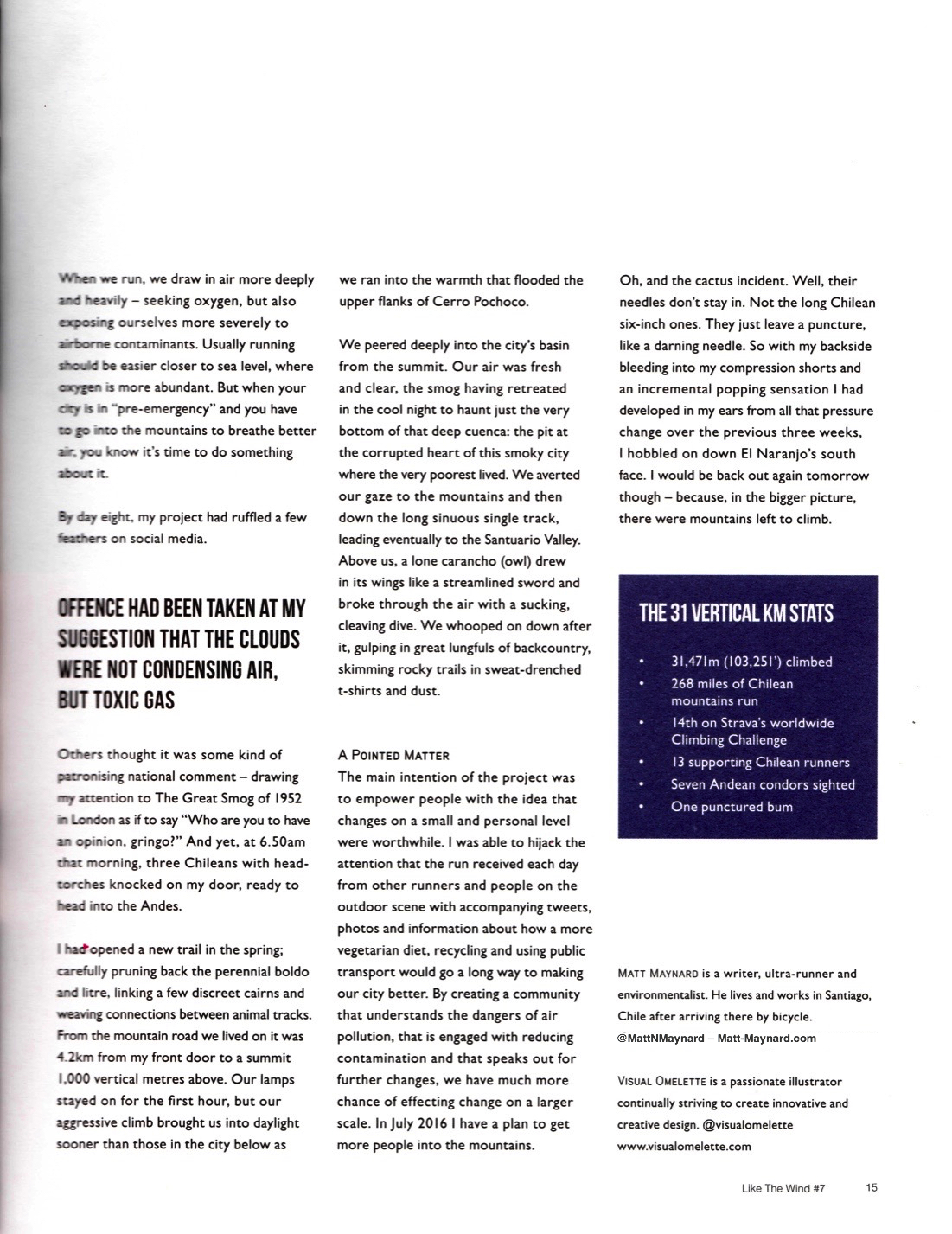



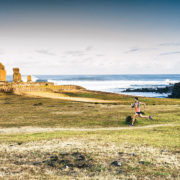

 [:]
[:]


